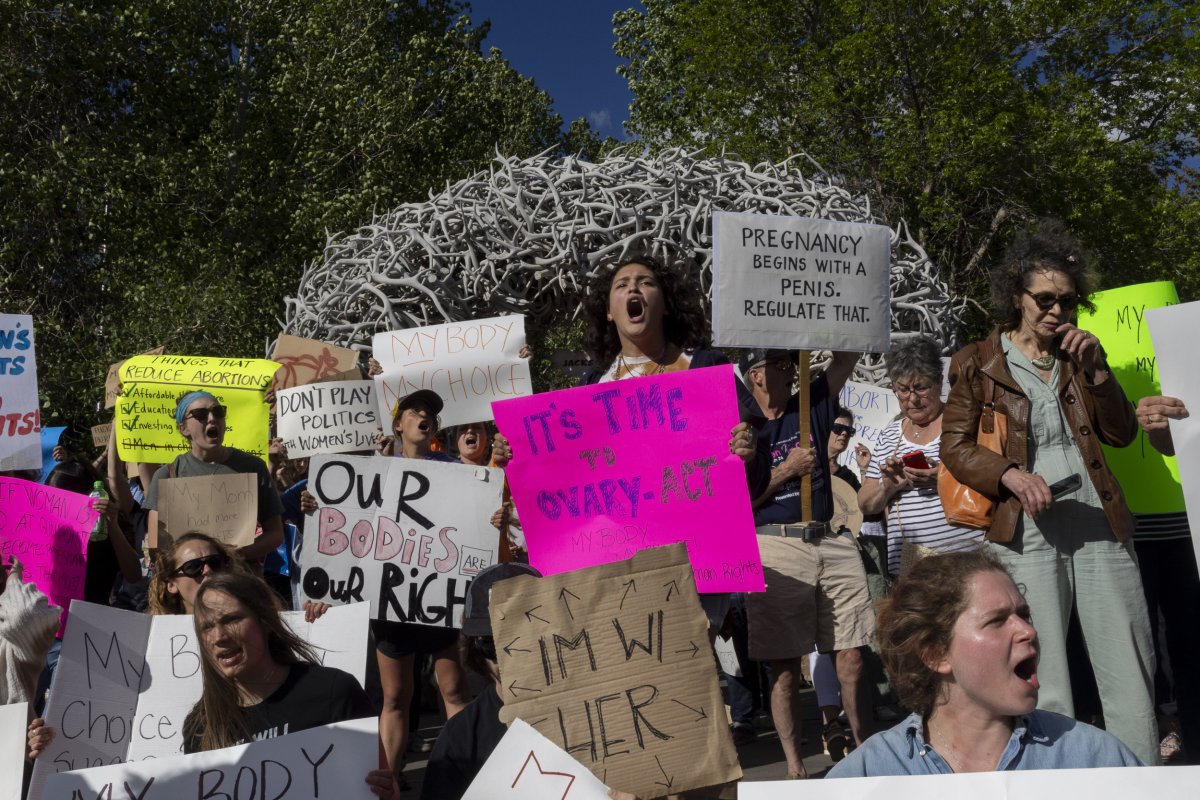The judge who struck down Wyoming’s near-total abortion ban did so using a constitutional amendment that Republicans made in 2012.
Abortion access continues to be a pressing issue across the country. In 2024, 10 states voted on abortion rights. Seven—Arizona, Colorado, Maryland, Missouri, Montana, Nevada and New York—voted in favor of expanding or enshrining abortion rights in their constitutions. The others—Florida, Nebraska and South Dakota—rejected the proposals.
On Monday, Teton County District Judge Melissa Owens ruled that two Wyoming laws restricting and banning abortion violated the state’s constitution. She said the laws impeded the “fundamental right to make health care decisions for an entire class of people, pregnant women.”
As part of her argument, she cited a 2012 amendment that said, “Each competent adult shall have the right to make his or her own health care decisions.”
Republicans who feared government overreach from then-President Barack Obama‘s Affordable Care Act made the amendment, as the law initially required people to have health insurance. The amendment granted individuals the right not to participate in a specific health care system and to pay for services themselves.

Getty
Attorneys for the state argued that the health care referred to in the amendment did not include abortion.
Still, Owens imposed an injunction on the Life Act and the Medication Abortion Ban, which were passed in 2022 and 2023 and banned all abortion except in cases where the mother’s life was at risk or in cases of rape or incest that had been reported to law enforcement.
Newsweek contacted Wyoming Governor Mark Gordon’s office for comment via email outside working hours.
With the Medication Abortion Ban, Wyoming became the first state to explicitly ban the use of abortion pills, which can be used to terminate a pregnancy up to 10 weeks.
Owens said the laws were “facially unconstitutional” for reasons that included the lack of differentiation between a previable and a viable fetus.
“The Court concludes that the Abortion Statutes suspend a woman’s right to make her own health care decisions during the entire term of a pregnancy and are not reasonable or necessary to protect the health and general welfare of the people,” Owens wrote.
This is the third time Owens has ruled against the laws, which have been in dispute in court since 2022. The case could not be appealed to the Wyoming Supreme Court.
Two obstetricians and two nonprofit organizations brought the case, including Wellspring Health Access, which opened the state’s first full-service abortion clinic in years in April 2023.
President Julie Burkhart commented on the ruling in a statement, “This is a wonderful day for the citizens of Wyoming—and women everywhere who should have control over their own bodies.”





